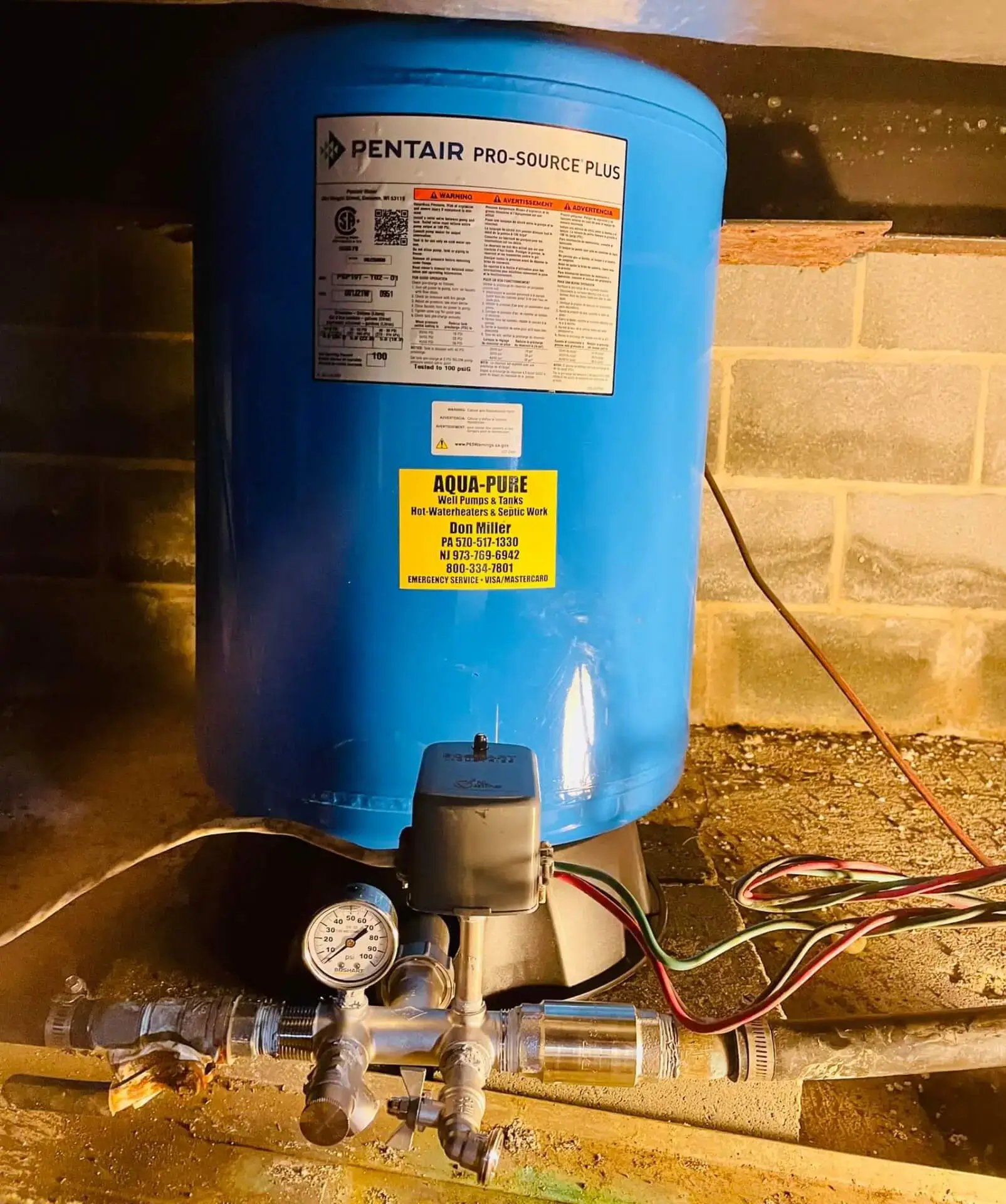Top Notch Water Filtration Systems: Making Certain Clean and Pure Drinking Water
Top Notch Water Filtration Systems: Making Certain Clean and Pure Drinking Water
Blog Article
Comprehending the Secret Elements of Effective Water Purification Solutions

Importance of Water Filtering Solution
Water filtering systems play a crucial function in ensuring access to safe and tidy alcohol consumption water by efficiently getting rid of pollutants and impurities. These systems are vital in addressing the growing issues over water quality and the potential health threats linked with taking in polluted water. By utilizing different purification systems such as reverse osmosis, activated carbon, and UV sanitation, water filtration systems can effectively get rid of harmful compounds like germs, viruses, hefty metals, and chemicals from the water.
Moreover, water purification systems aid to enhance the taste and smell of water by getting rid of chlorine, debris, and other pollutants that can influence its high quality. Water Softeners. This improvement in water quality not just makes it a lot more tasty however likewise encourages people to drink an appropriate amount of water daily, promoting far better hydration and total wellness
Kinds of Filtering Components

Physical filters are created to physically stress out contaminations from the water. These filters can be constructed from materials like ceramic, carbon, or perhaps sand, and they function by capturing fragments larger than the filter's pores as water passes with.
Chemical filters use various chemical processes to remove contaminants from the water. Instances consist of triggered carbon filters, which adsorb impurities, and turn around osmosis membranes, which utilize pressure to different impurities from the water.
Organic filters utilize living microorganisms like algae or bacteria to break down natural matter and contaminants in the water. These filters are usually used in wastewater treatment plants or natural water purification systems.
Recognizing the different sorts of filtering elements is vital for picking one of the most suitable water filtering system for specific filtration demands.
Function of Sediment Filters
Sediment filters play a critical role in water filtration systems by properly capturing strong fragments put on hold in the water. These filters are commonly the first line of protection in a filtration system, eliminating larger particles such as sand, silt, dirt, and corrosion prior to the water relocates via finer filtration phases. By trapping these debris, the filters prevent them from reaching downstream elements, hence extending the lifespan and performance of the whole system.
Neglecting this maintenance can lead to obstructing, minimized water circulation, and endangered purification effectiveness. In general, debris filters are indispensable parts that contribute substantially to the effectiveness of water purification systems.
Function of Turned On Carbon Filters
Playing an important function in water filtration systems, activated carbon filters are crucial in eliminating contaminations and impurities from the water. These filters are designed to adsorb and trap a wide variety of contaminants, consisting of chlorine, unstable natural substances (VOCs), chemicals, and herbicides. The triggered carbon product has a big area, enabling the reliable trapping of contaminants via a procedure called adsorption. As water travels through the filter, the turned on carbon draws in and holds onto the contaminations, making certain that the water see this website that appears on the various other side is cleaner and more secure visit here for intake.
Turned on carbon filters are extremely reliable at improving the taste and odor of water by decreasing chemicals that can impact its top quality. They are likewise with the ability of eliminating certain heavy metals like lead and mercury. In addition, these filters can assist protect against the buildup of microorganisms and algae in water, additional improving its total top quality. Because of their convenience and integrity, turned on carbon filters are a key component in making sure that water is detoxified to the highest criteria before reaching customers.
Recognizing Reverse Osmosis Systems
Reverse osmosis systems are innovative water purification systems that use an advanced process to remove impurities and contaminations from alcohol consumption water. These systems work by applying pressure to the water, compeling it with a semi-permeable membrane.
Additionally, reverse osmosis systems are reasonably low-maintenance and can be set up important source under the sink or in a main filtration system, giving convenient access to clean water throughout the family. In general, understanding just how reverse osmosis systems work can aid people make notified choices concerning their water purification demands.
Conclusion
In final thought, efficient water purification systems are vital for making sure risk-free and clean alcohol consumption water. By understanding the feature and duty of each component, individuals can make informed choices when selecting a water filtering system.
Water purification systems play a crucial function in making sure accessibility to safe and clean alcohol consumption water by efficiently eliminating impurities and pollutants. By utilizing various purification mechanisms such as reverse osmosis, activated carbon, and UV sterilization, water purification systems can efficiently get rid of harmful compounds like microorganisms, infections, heavy metals, and chemicals from the water supply.
Sediment filters play a critical role in water filtering systems by successfully recording strong particles put on hold in the water (Water Softeners).Playing a critical function in water filtration systems, triggered carbon filters are important in removing pollutants and contaminants from the water supply.Reverse osmosis systems are innovative water filtering systems that utilize an innovative procedure to eliminate contaminants and pollutants from alcohol consumption water
Report this page